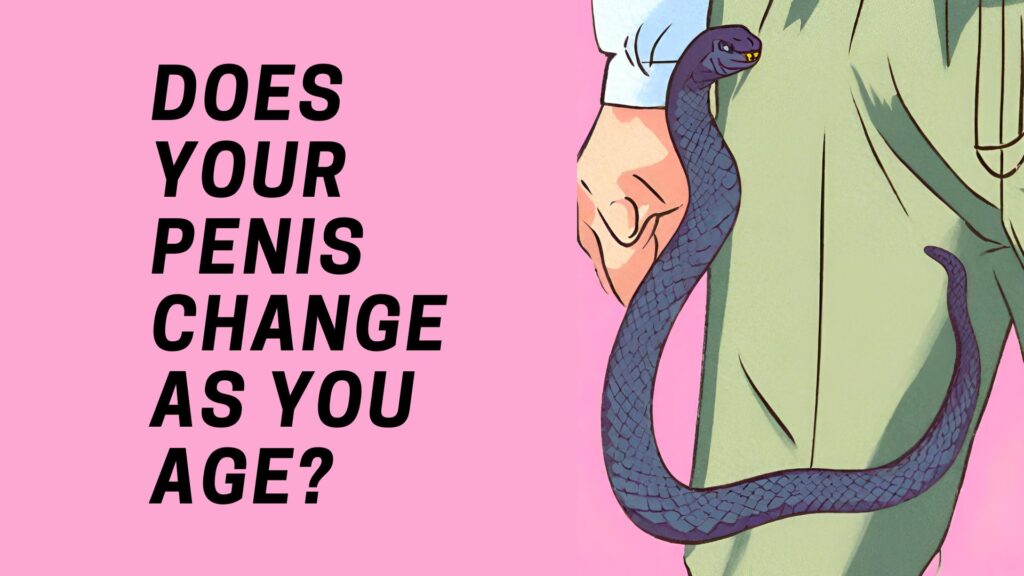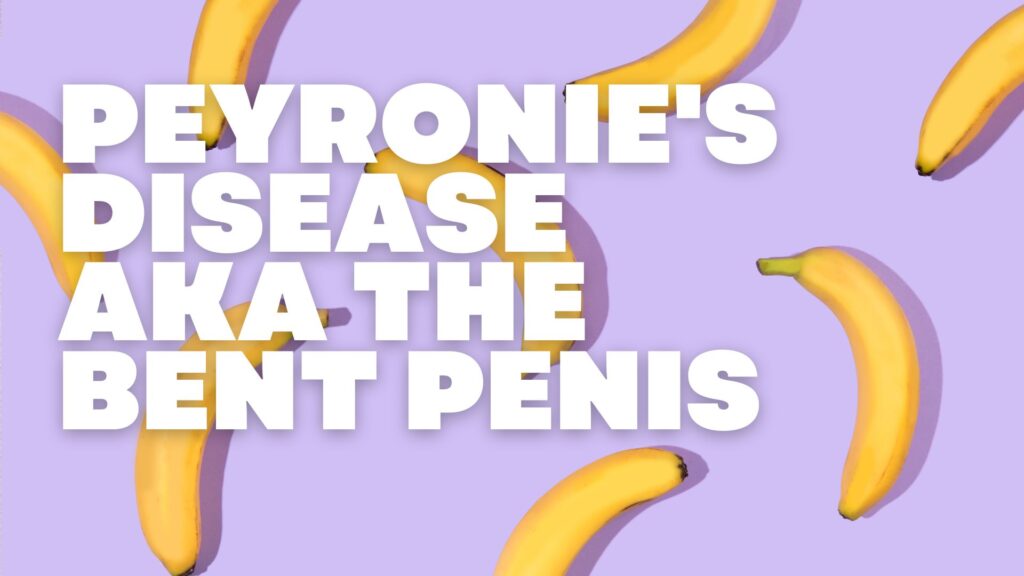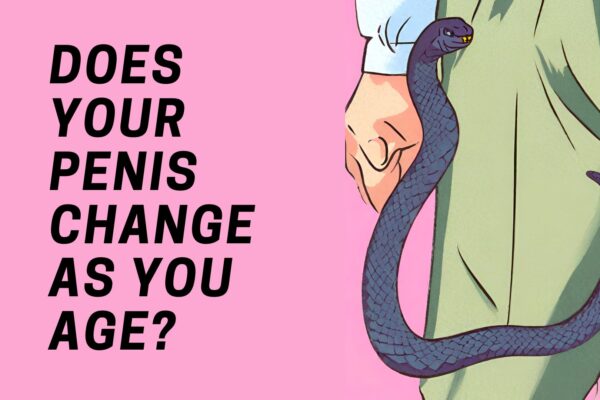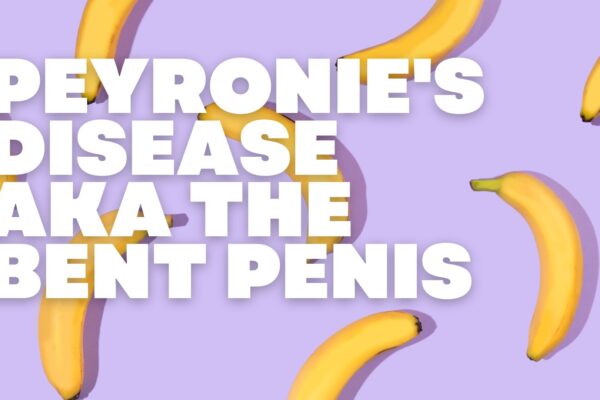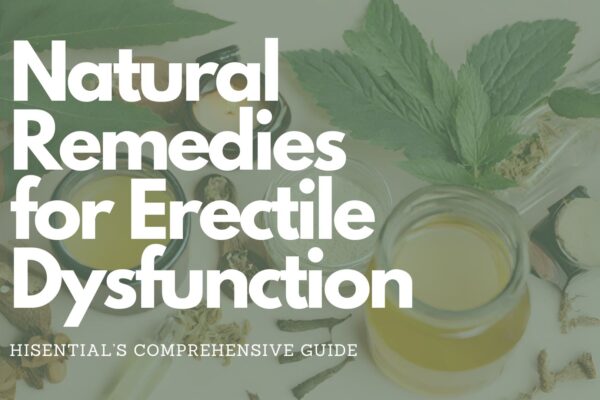Testosterone Replacement Therapy (TRT) Myths & Facts
Introduction
Have you been feeling a little off lately? Maybe you’ve noticed some fatigue, a decrease in your sex drive, difficulty in forming erections, or perhaps you’re having a hard time building and maintaining muscle. These symptoms could be signs of low testosterone, a condition that affects many men, particularly as they age. If you’re experiencing these symptoms, it might be time for a blood test to check your testosterone levels. Our doctors recommend taking this blood test early in the morning as that’s when testosterone levels in the body are usually highest. (Psst, Hisential Clinic opens 10am daily!) If the results indicate low testosterone levels, your doctor might recommend testosterone replacement therapy.
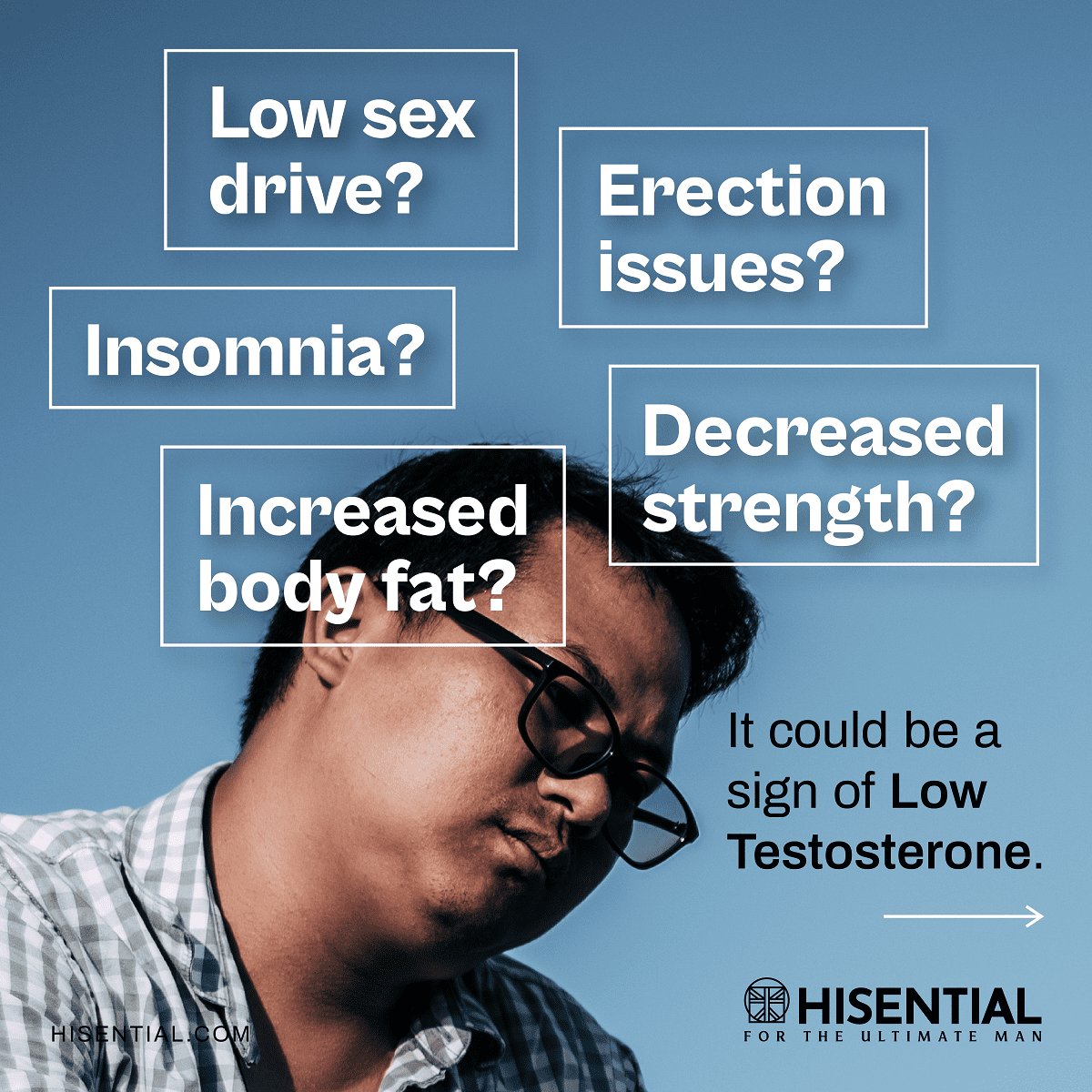
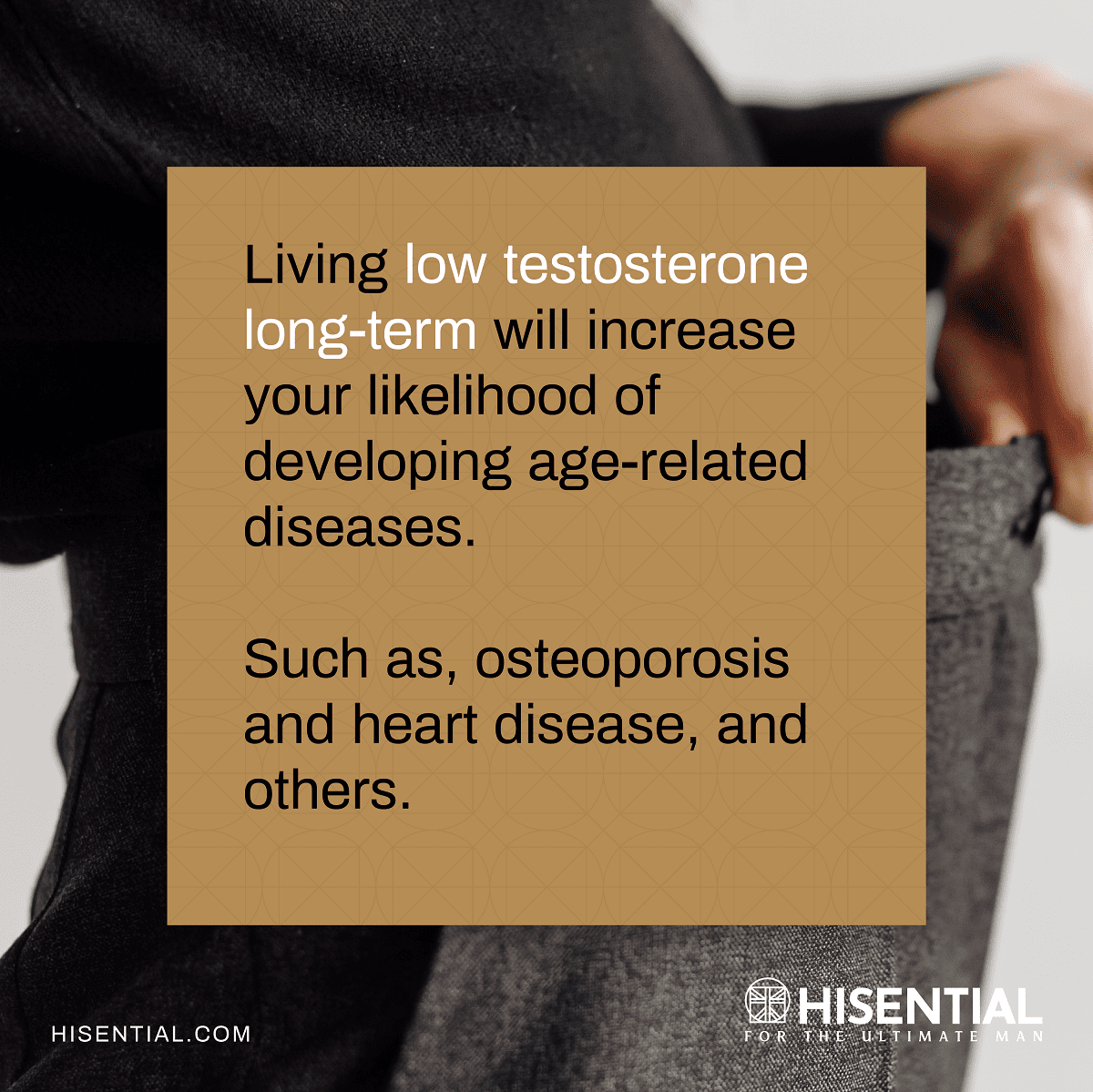
This might seem scary for the average man, so let’ debunk some myths and establish the facts about testosterone replacement therapy. Become the Ultimate Man.
Myth: My lifestyle does not impact my testosterone levels.
Fact: Poor lifestyle habits such as being overweight, leading a sedentary lifestyle, taking certain medications, and not getting enough sleep can contribute to low testosterone levels.
Myth: Testosterone deficiency occurs only in older men.
Fact: While it’s true that testosterone levels naturally decline with age, younger men can also experience testosterone deficiency due to various reasons including lifestyle factors and certain medical conditions.
Myth: Testosterone Replacement Therapy does not boost your energy levels.
Fact: Given an insufficiency, it provides clear benefit. TRT is known to restore energy levels, likely due to its influence on red blood cell production and mental health. Many men report increased productivity and energy during workouts after undergoing TRT.
Myth: Testosterone Replacement Therapy cannot treat erectile dysfunction (ED).
Fact: If erectile dysfunction is caused by low testosterone levels, TRT can be an effective solution. However, ED has many possible causes, so it’s important to consult a doctor to determine the root of the problem.
Myth: Testosterone Replacement Therapy will make me aggressive.
Fact: The dose of testosterone given during TRT varies from patient to patient and is designed based on individual needs. If negative behavioral changes are observed, the dose can be readjusted. This is why close follow-up with your doctor is important.
Myth: Anyone can have testosterone replacement therapy.
Fact: Not everyone is a suitable candidate for TRT. For instance, men with prostate cancer should not undergo TRT as it can exacerbate their condition.
Myth: Testosterone Replacement Therapy is a risk-free treatment option.
Fact: While TRT has numerous benefits, it also carries potential side effects. Though relatively uncommon, these side effects include acne breakouts, sleep apnea, and decreased sperm count. Some studies also suggest TRT is associated with an increased risk of heart attacks and strokes. Not to worry, medication is not a one-size-fits-all situation. It’s essential to discuss these potential side
effects with your physician before starting treatment.
Myth: I can just order testosterone supplements online from Shopee, Lazada etc..
Fact: There are little to no scientific evidence to prove supplements efficacy or quality. Truth is, Supplements do not significantly improve testosterone levels or provide a stable baseline during follow-up blood investigations. Don’t cheap out on your health, bro.
Myth: Everyone has the same dosage for TRT or I can use the same dosage as my friend
Fact: Your TRT protocol will be tailored to meet your needs. The same dosage won’t produce the same results for everyone. Individuals with more severe deficiencies typically require higher doses. Age and overall health status are also factors, as older men or those with certain health conditions may require a lower dose. Treatment goals can influence dosage, as the optimal dose might differ based on whether the treatment is primarily intended to improve sexual function, mood, or muscle mass. Lastly, the method of administration can affect the dosage, as some delivery methods, such as the 3-monthly injections, may provide more consistent testosterone levels than others. It’s crucial for a healthcare provider to monitor testosterone levels and symptoms regularly to adjust the dosage as needed.
Want to start the conversation on Testosterone Replacement Therapy? Speak to our team of doctors at Hisential Sexual Health Clinic Kuala Lumpur today. Call +603-8603 7220 to find out more.
1. Grober, E.D., 2014. Testosterone deficiency and replacement: Myths and realities. Canadian Urological Association Journal, 8(7-8 Suppl 5), p.S145.
2. Urology Care Foundation: “Low Testosterone (Hypogonadism).
3. Bassil, N. Therapeutics and Clinical Risk Management, June 22, 2009.
4. McGill, J. Cleveland Clinic Journal of Medicine, November 2012.
5. Endocrine Society: “Testosterone Therapy in Adult Men with Androgen Deficiency
Syndromes.”

